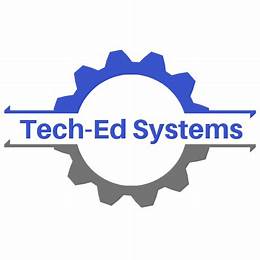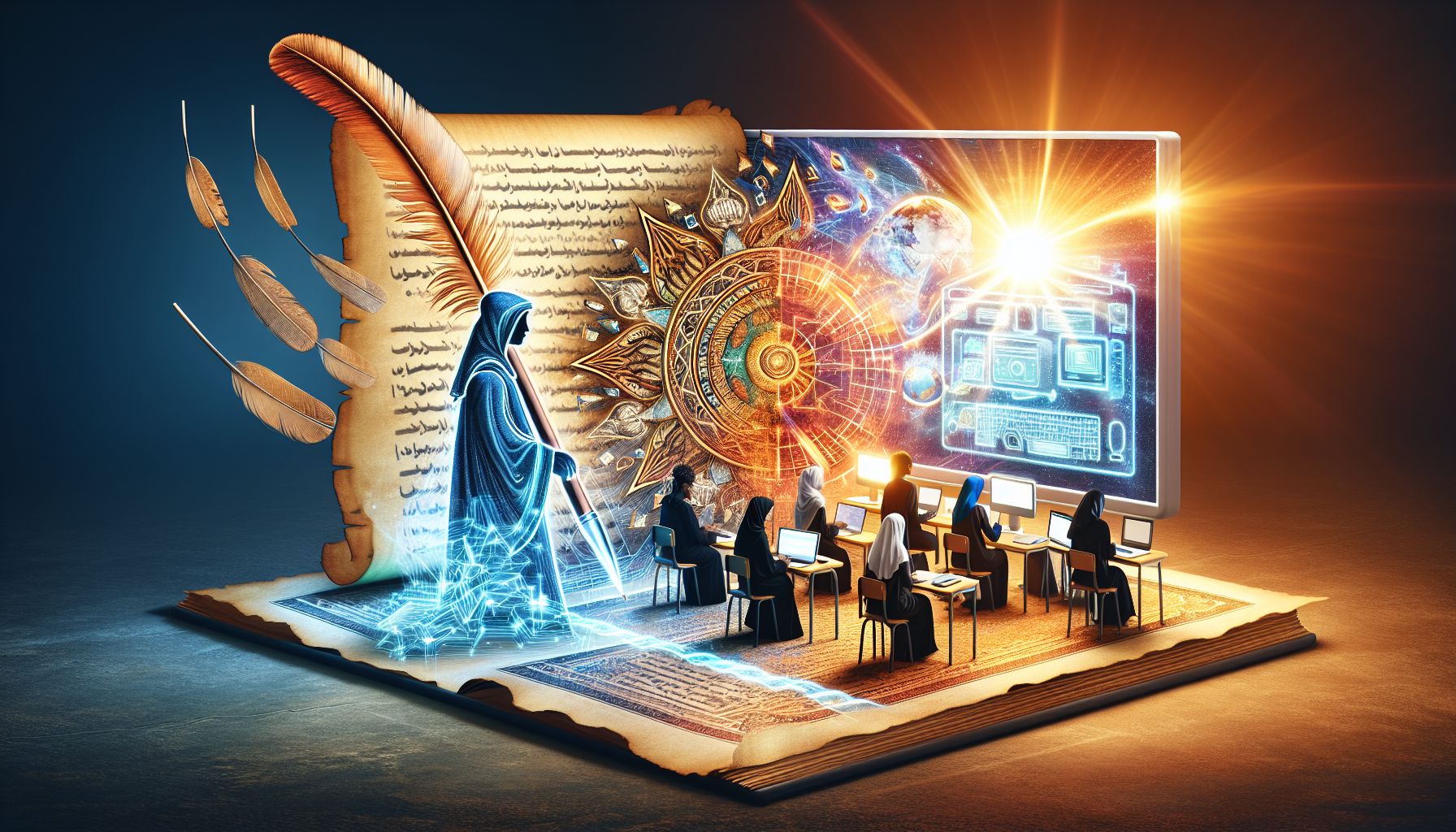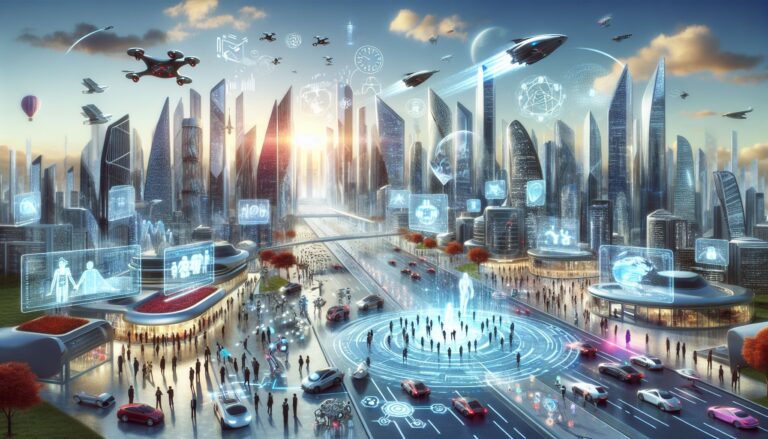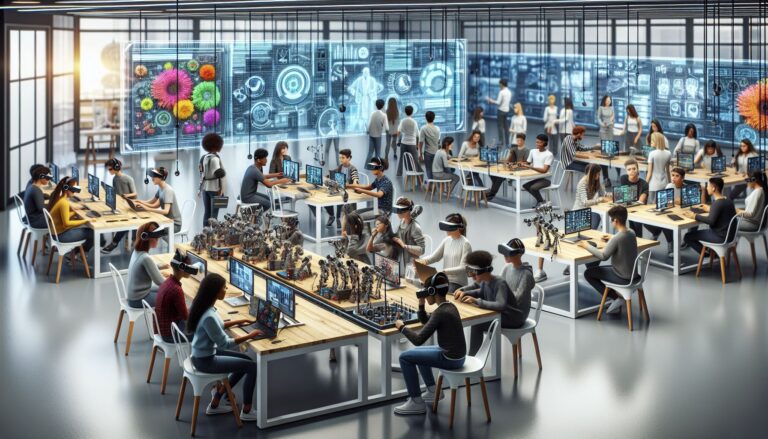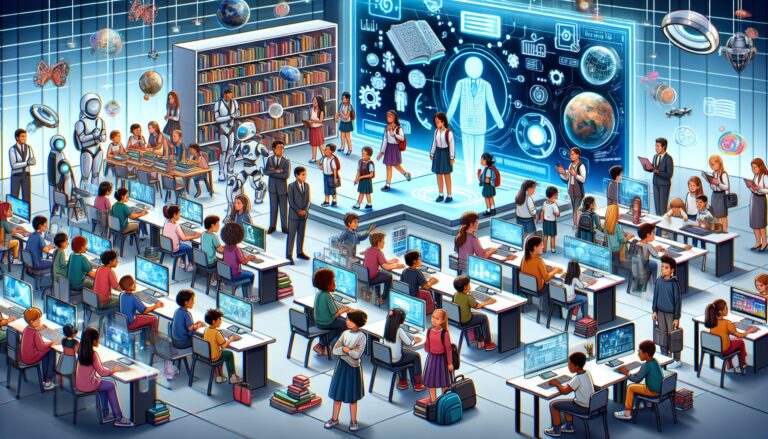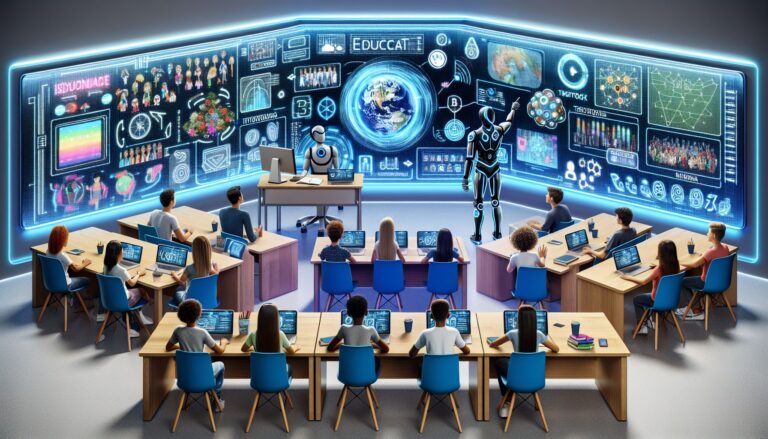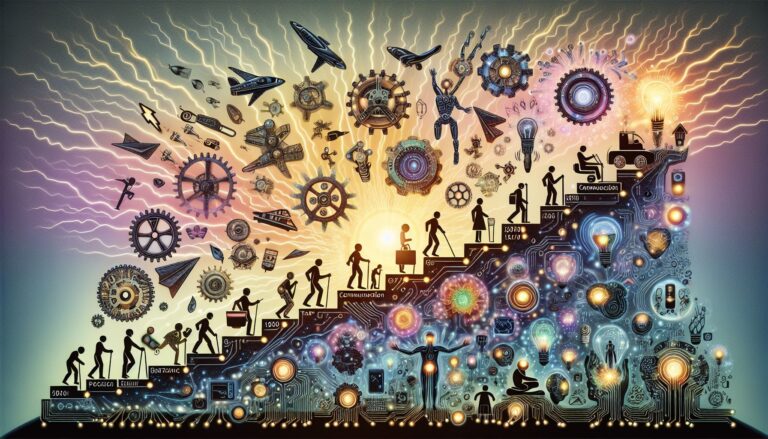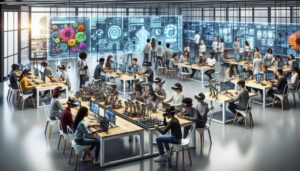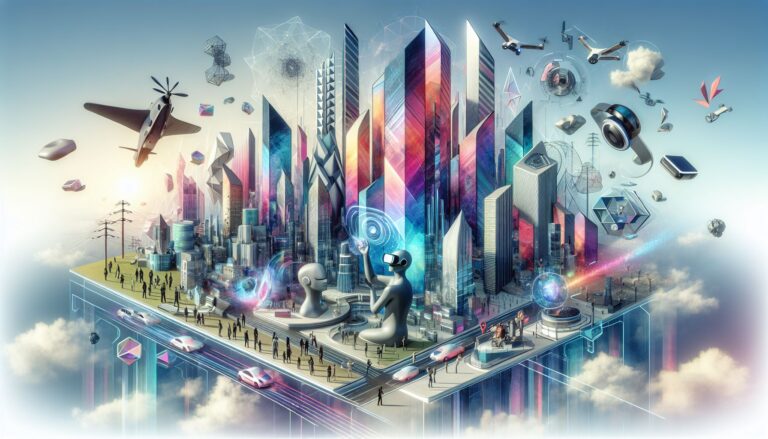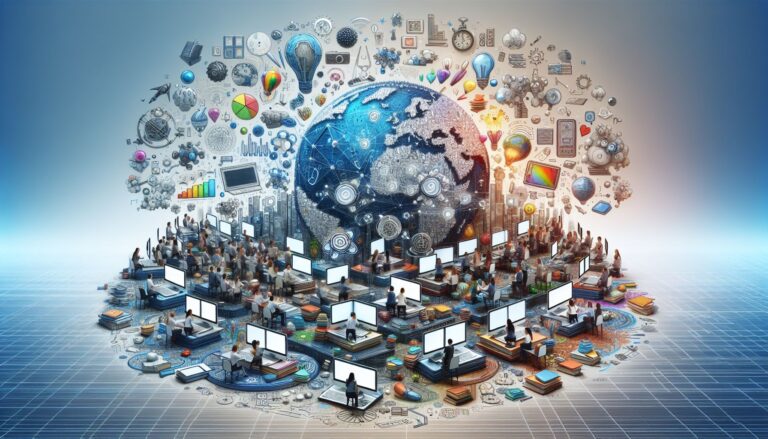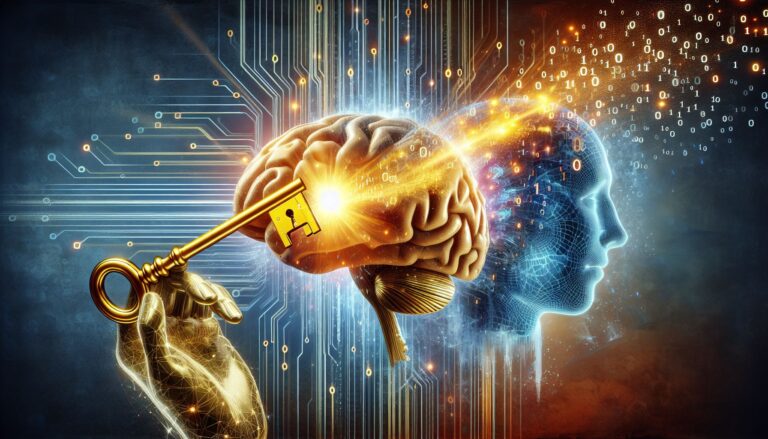In a world where technology and education are increasingly becoming intertwined, a radical shift is unfolding in the academic realm. The traditional classrooms, once dominated by chalkboards and textbooks, are now morphing into innovative learning hubs where technology reigns supreme. This metamorphosis not only captivates learners but also caters to the evolving demands of a digitally oriented society. In this exploration, we will delve into how these changes are disrupting the educational landscape.
Technology’s influence on society cannot be understated, especially with recent advancements that redefine what’s possible. Artificial intelligence, blockchain, and the Internet of Things (IoT) are no longer futuristic concepts but today’s tools reshaping industries, including education.
AI has carved its niche in personalized learning, offering tailored educational experiences that adapt to each student’s needs. Imagine a world where learning is not an arduous journey of one-size-fits-all curricula, but an engaging path where content is dynamically adjusted to challenge and motivate students according to their individual pace and style.
Blockchain technology, known for its decentralized ledger capability, extends beyond cryptocurrencies. In education, it provides secure record-keeping for certificates and degrees, reducing fraud while ensuring easy and transparent access to academic credentials. This level of security and transparency carries immense potential for revolutionizing administrative operations in educational institutions.
The IoT, with its vast network of connected devices, is redefining classroom interactions and operations. Smart devices can now collect data to enhance the safety and efficiency of school systems, not to mention providing new avenues for interactive learning. Imagine a science class where IoT-enabled devices help conduct experiments that graph results in real-time, providing instant feedback and deepening the understanding of complex concepts.
Despite these exciting developments, the integration of technology in education does not come without challenges. The digital divide remains a concern, with unequal access to technology potentially widening the gap between different socioeconomic groups. Online learning, while offering flexibility, also demands improved self-discipline and time management skills from students.
However, the benefits can be profound. Digital tools encourage collaboration, critical thinking, and creativity. They enable teachers to move away from traditional lecturing to more facilitative roles where they guide students to explore, inquire, and learn autonomously.
As we ponder the future, what’s clear is that the nexus between technology and education will continue to deepen. The trajectory of technological advancements suggests that we are just at the dawn of what’s to come. We are moving towards a more connected, immersive, and adaptive educational paradigm that can foster not just academic knowledge, but also prepare learners for a rapidly evolving world.
The transformative power of technology thus holds promise for an enlightened society where education is inclusive, engaging, and in tune with the needs of the future. Let us embrace this wave of change, for it is here that the seeds of tomorrow’s innovation are sown.
